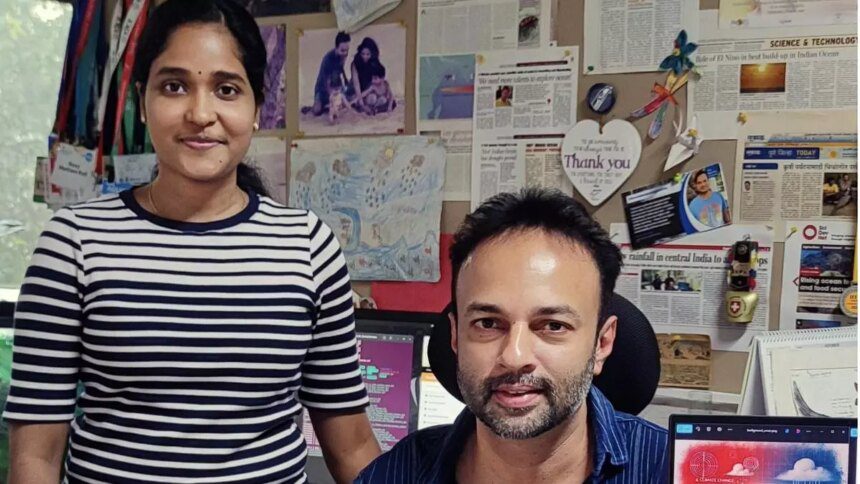Rising temperatures and fluctuating monsoon patterns are projected to increase dengue-related fatalities in India by 13% by 2030, and by 23% to 40% by 2050, according to research led by Sophia Yacob and Roxy Mathew Koll from the Indian Institute of Tropical Meteorology (IITM) in Pune.
The study, published in Scientific Reports, examines the complex relationships between temperature, rainfall, and humidity in influencing dengue outbreaks in Pune, a known hotspot for the disease. The ideal conditions for increased dengue transmission and mortality include temperatures exceeding 27°C, moderate and uniformly distributed rainfall, and humidity levels ranging between 60% and 78% during the monsoon months of June to September.
The research team developed an artificial intelligence and machine learning model that allows for dengue outbreak predictions with a lead time of over two months, providing local health authorities with crucial time to enhance their preparedness and response efforts.
This early warning system captures all relevant climate-based indicators influencing dengue and their interactions at a regional level. By analyzing historical patterns of temperature, rainfall, and humidity, the model can forecast potential dengue outbreaks more than two months in advance with a reasonable degree of accuracy.
The study highlighted that it is not the total amount of rainfall that impacts dengue transmission, but rather the patterns of rainfall. The India Meteorological Department (IMD) offers extended-range forecasts, providing information on monsoon cycles up to 30 days ahead, which could further aid in dengue predictions.
Interestingly, while heavy rainfall exceeding 150 mm in a week may help decrease dengue prevalence by flushing out mosquito eggs and larvae, the overall forecast points to a rise in dengue incidences due to the increasing number of warmer days.
Dengue is often significantly underreported in India. Researchers from IITM cited that the actual number of cases may be up to 282 times higher than reported figures. An effective early warning system is contingent on comprehensive health data collection and sharing. State public health departments play a crucial role in gathering and distributing health data.
"Collaboration with health departments is essential for saving lives," Koll emphasized. States such as Kerala, Maharashtra, West Bengal, Karnataka, Tamil Nadu, Gujarat, Punjab, Haryana, Andhra Pradesh, Telangana, Rajasthan, and Uttar Pradesh carry a considerable burden of dengue cases and could greatly benefit from an improved early warning system.
"We conducted this study and established an early warning system using health data provided by Pune’s health department. We reached out to Kerala and other high-incidence states, but their health departments did not respond positively to our requests," Koll noted.










